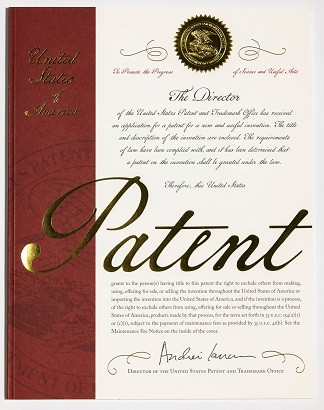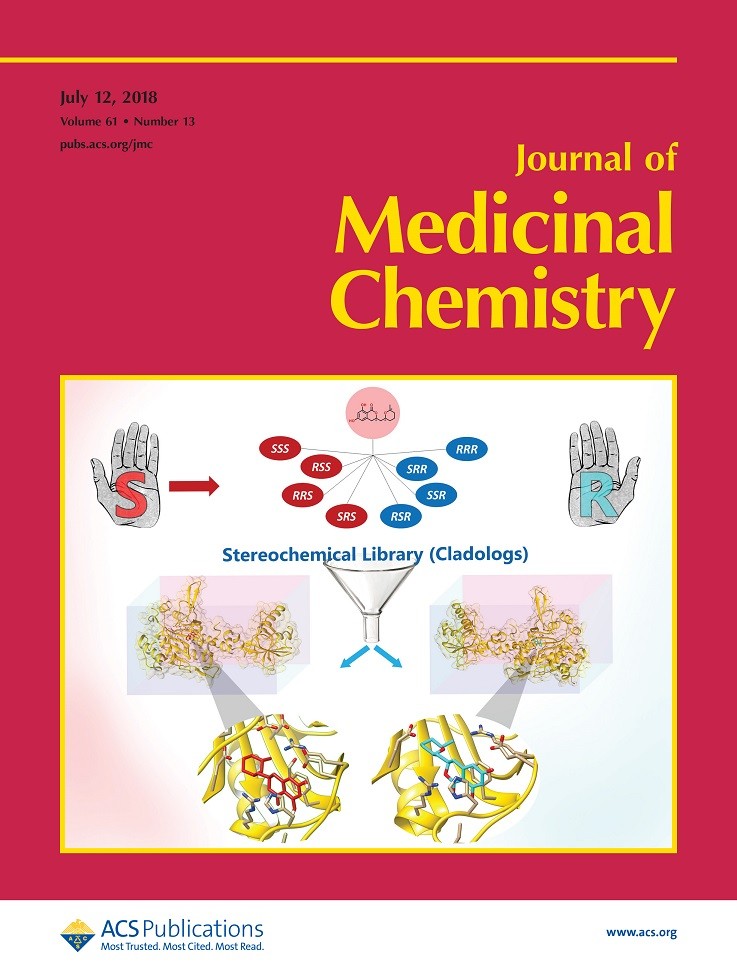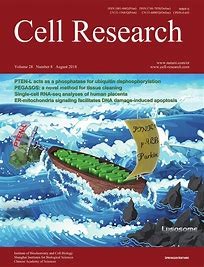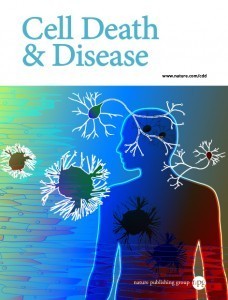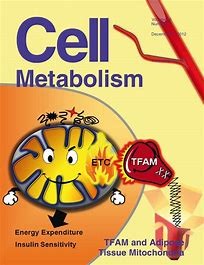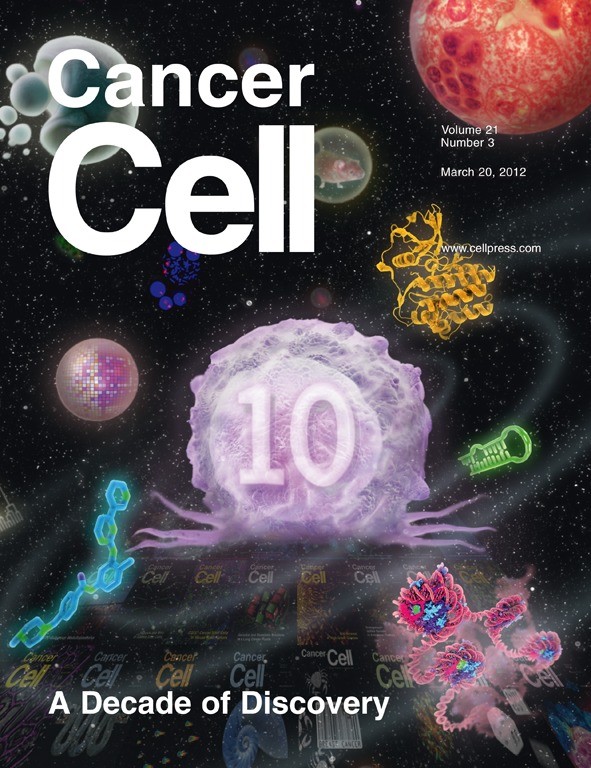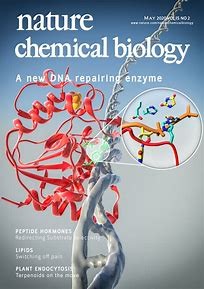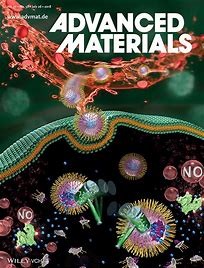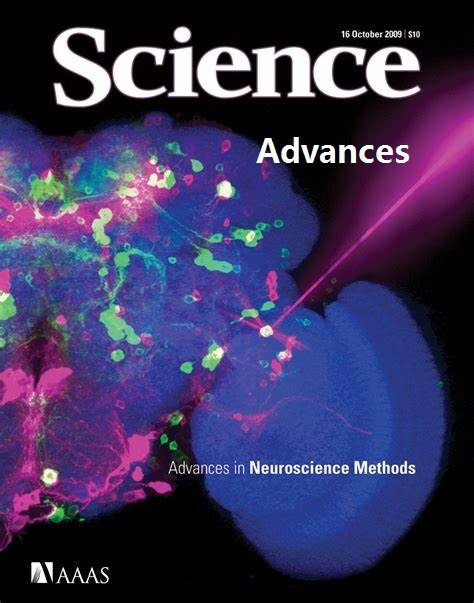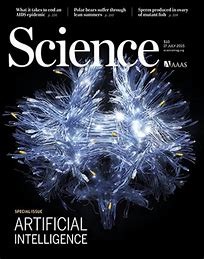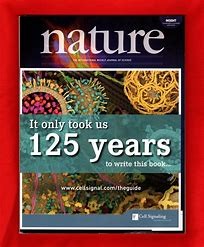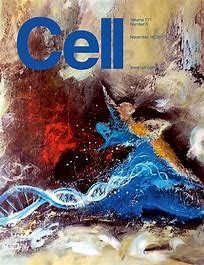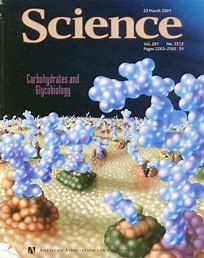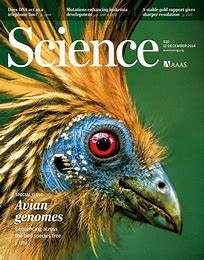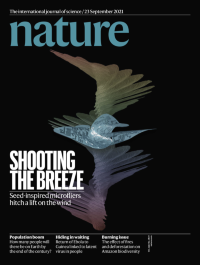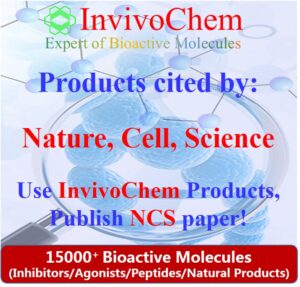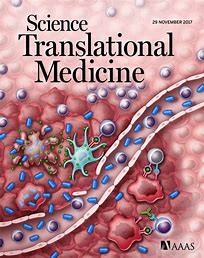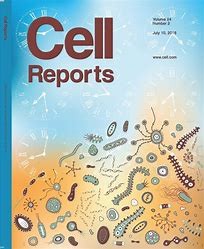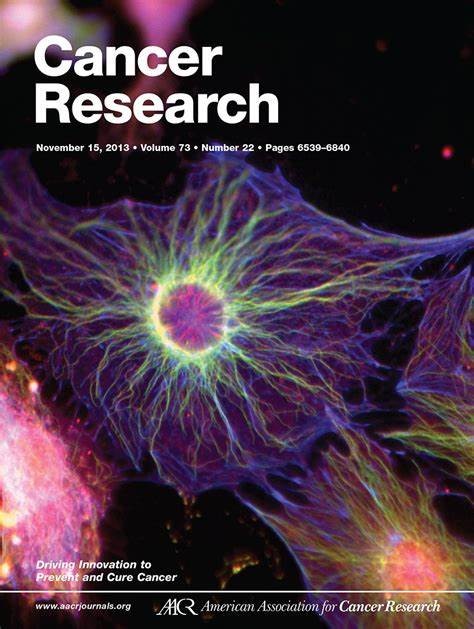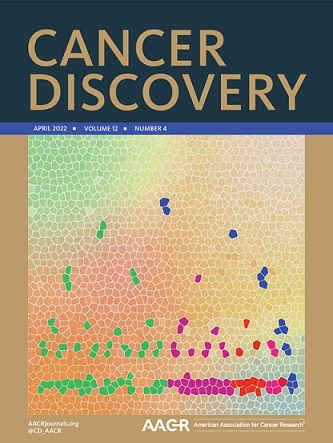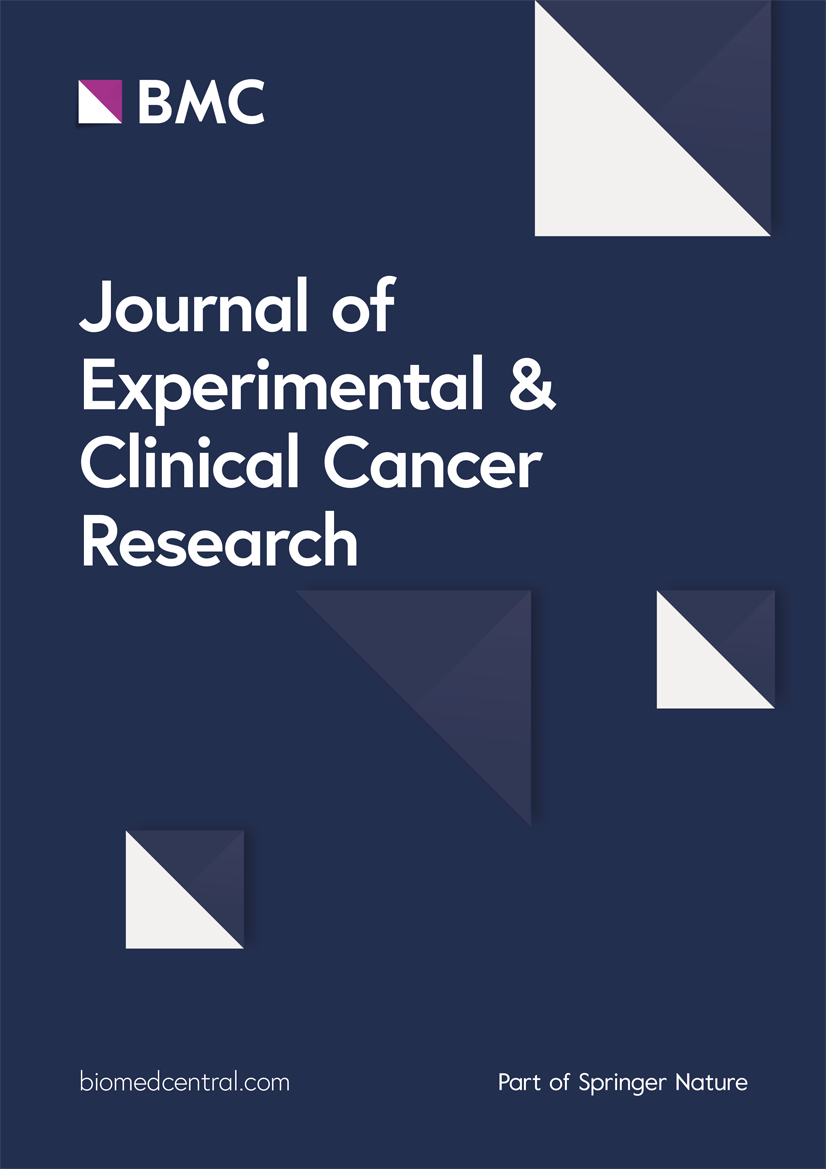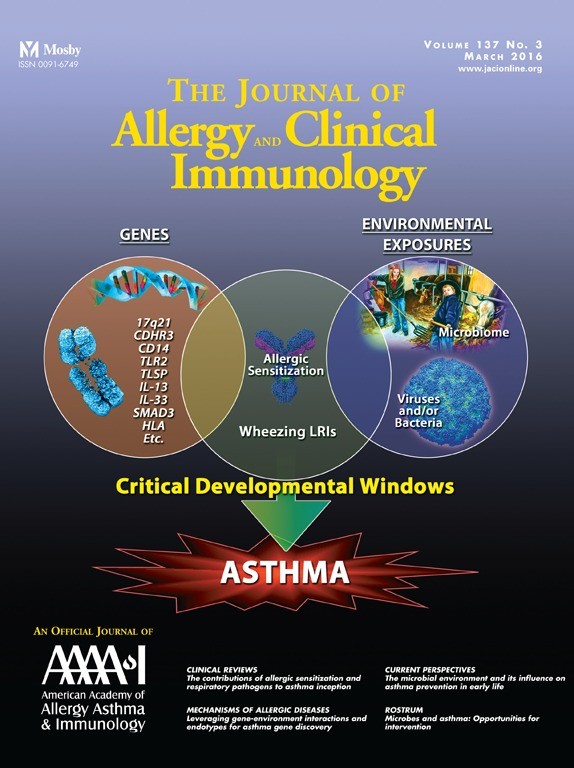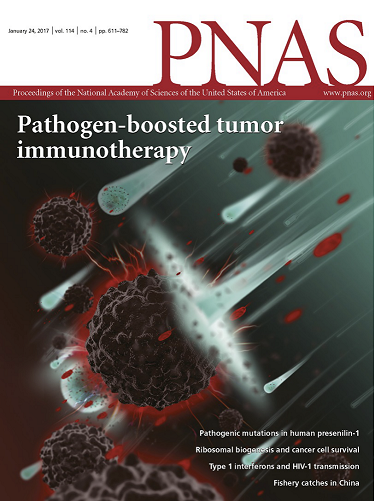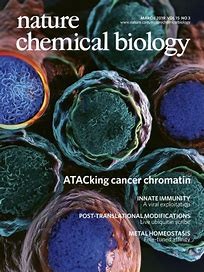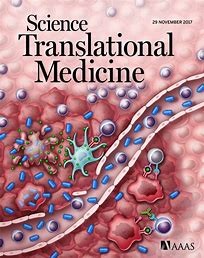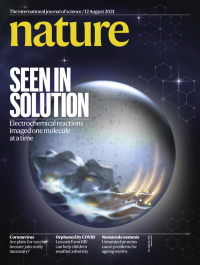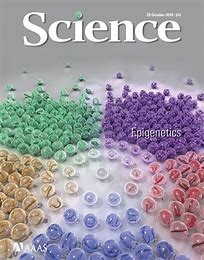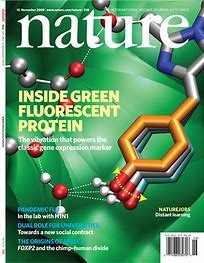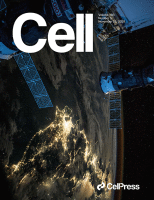This product is for research use only, not for human use. We do not sell to patients.
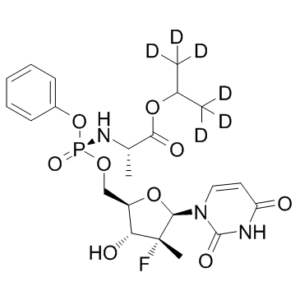
| Size | Price |
|---|---|
| 250mg | Get quote |
| 500mg | Get quote |
| 1g | Get quote |
Cat #: V3610 CAS #: N/A Purity ≥ 98%
Description: Sofosbuvir D6 is the deuterated form and less active impurity of Sofosbuvir. Sofosbuvir (also known as PSI-7977, GS-7977; trade names Sovaldi and Virunon) is a HCV NS5B polymerase inhibitor that is used for the treatment of chronic hepatitis C virus (HCV) infection. Sofosbuvir acts by inhibiting the RNA polymerase that the hepatitis C virus uses to replicate its RNA. It is a component of the first all-oral, interferon-free regimen approved for treating chronic Hepatitis C. In 2013, the FDA approved sofosbuvir in combination with ribavirin (RBV) for oral dual therapy of HCV genotypes 2 and 3, and for triple therapy with injected pegylated interferon (pegIFN) and RBV for treatment-naive patients with HCV genotypes 1 and 4.
Publications Citing InvivoChem Products
Product Promise
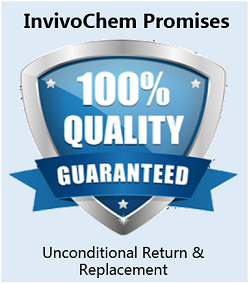
- Physicochemical and Storage Information
- Protocol
- Related Biological Data
- Stock Solution Preparation
- Quality Control Documentation
| Molecular Weight (MW) | 535.49 |
|---|---|
| Molecular Formula | C₂₂H₂₃D₆FN₃O₉P |
| CAS No. | N/A |
| Storage | -20℃ for 3 years in powder form |
| -80℃ for 2 years in solvent | |
| Solubility In Vitro | DMSO: 100 mg/mL (188.9 mM) |
| Water: 11 mg/mL (20.78mM) | |
| Ethanol: 100 mg/mL (188.9 mM) | |
| Synonyms | PSI-7977 D6; PSI 7977 D6; PSI7977 D6; GS7977 D6; GS-7977 D6; GS 7977 D6; Sofosbuvir D6; Sovaldi and Virunon. |
| Protocol | In Vitro | In vitro activity: As HCV NS5B polymerase inhibitor, PSI-7977 displays more potent inhibitory activity against HCV RNA replication than PSI-7976 with EC50 of 92 nM versus 1.07 μM and EC90 of 0.29 μM versus 2.99 μM, consistent with that incubating clone A cells with PSI-7977 leads to a higher concentration of PSI-7409 than clone A cells incubated with PSI-7976. PSI-7977 is an effective substrate for CatA to form PSI-352707 with 18-30 fold more potency as compared with PSI-7976. Unlike GS-7976, however, the CES1-mediated hydrolysis of PSI-7977 does not progress in a time-dependent manner. The S282T NS5B polymerase mutation but not S96T mutation confers resistance to PSI-7977 with EC90 increases from 0.42 μM to 7.8 μM. When assessed in an 8-day cytotoxicity assay, PSI-7977 displays no cytotoxicity against Huh7, HepG2, BxPC3, and CEM cells even at concentrations up to 100 μM. PSI-7977 treatment for 14 days shows a IC90 of 72.1 μM and 68.6 μM for the inhibition of mtDNA and rDNA, respectively, in HepG2 cells. PSI-7977 exhibits potent activity against genotype (GT) 1a, 1b, and 2a (strain JFH-1) replicons and chimeric replicons containing GT 2a (strain J6), 2b, and 3a NS5B polymerase. Sequence analysis of the JFH-1 NS5B region indicates that additional amino acid changes including T179A, M289L, I293L, M434T, and H479P are selected both prior to and after the emergence of S282T, which are required to confer resistance to PSI-7977. Cell Assay: Cells (Huh7, HepG2, BxPC3, and CEM) are exposed to various concentrations of PSI-7977 for 8 days. At the end of the growth period, MTS dye from the CellTiter 96 AQueous One Solution Cell Proliferation Assay kit is added to each well, and the plate is incubated for an additional 2 hours. The absorbance at 490 nm is read with a Victor3 plate reader using themedium only controlwells as blanks. The 50% inhibition value (IC50) is determined by comparing the absorbance in wells containing cells and PSI-7977 to untreated cell control wells. |
|---|---|---|
| In Vivo | The average plasma ALT levels in mice with humanized livers in the 440- and 44-mg/kg/d treatment groups were below the upper limit of normal, and were not significantly different from those measured in vehicle-treated mice with humanized livers. The plasma lactate levels were also not elevated in or control mice or mice with humanized livers receiving either dose of PSI-7977. | |
| Animal model | TK-NOG mice with non-humanized (control) or humanized livers |
| Solvent volume to be added | Mass (the weight of a compound) | |||
|---|---|---|---|---|
| Mother liquor concentration | 1mg | 5mg | 10mg | 20mg |
| 1mM | 1.8674 mL | 9.3372 mL | 18.6745 mL | 37.3490 mL |
| 5mM | 0.3735 mL | 1.8674 mL | 3.7349 mL | 7.4698 mL |
| 10mM | 0.1867 mL | 0.9337 mL | 1.8674 mL | 3.7349 mL |
| 20mM | 0.0934 mL | 0.4669 mL | 0.9337 mL | 1.8674 mL |
This equation is commonly abbreviated as: C1 V1 = C2 V2
- (1) Please be sure that the solution is clear before the addition of next solvent. Dissolution methods like vortex, ultrasound or warming and heat may be used to aid dissolving.
- (2) Be sure to add the solvent(s) in order.
